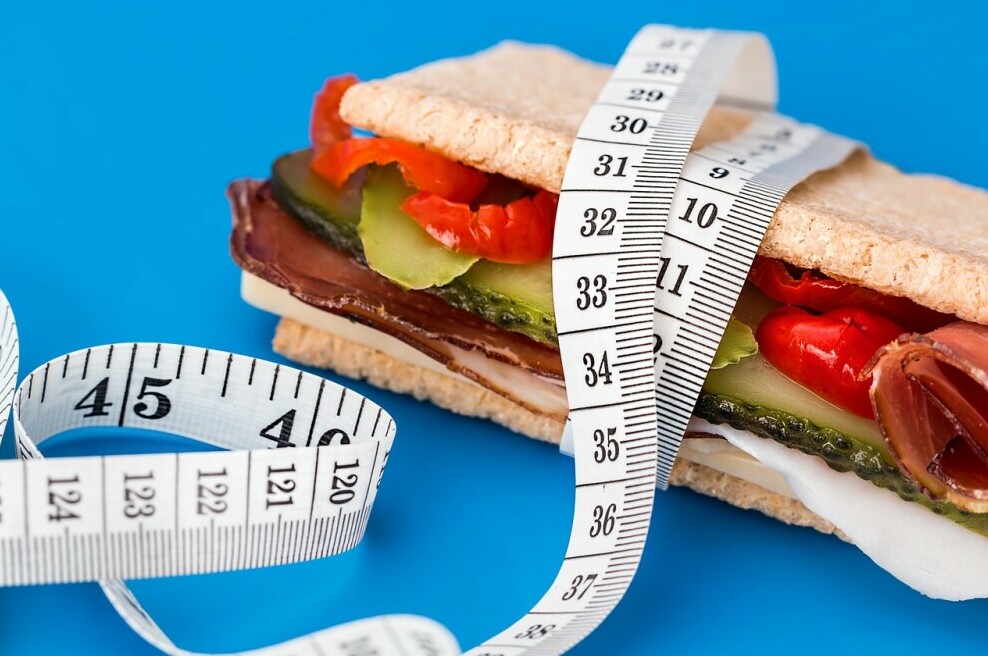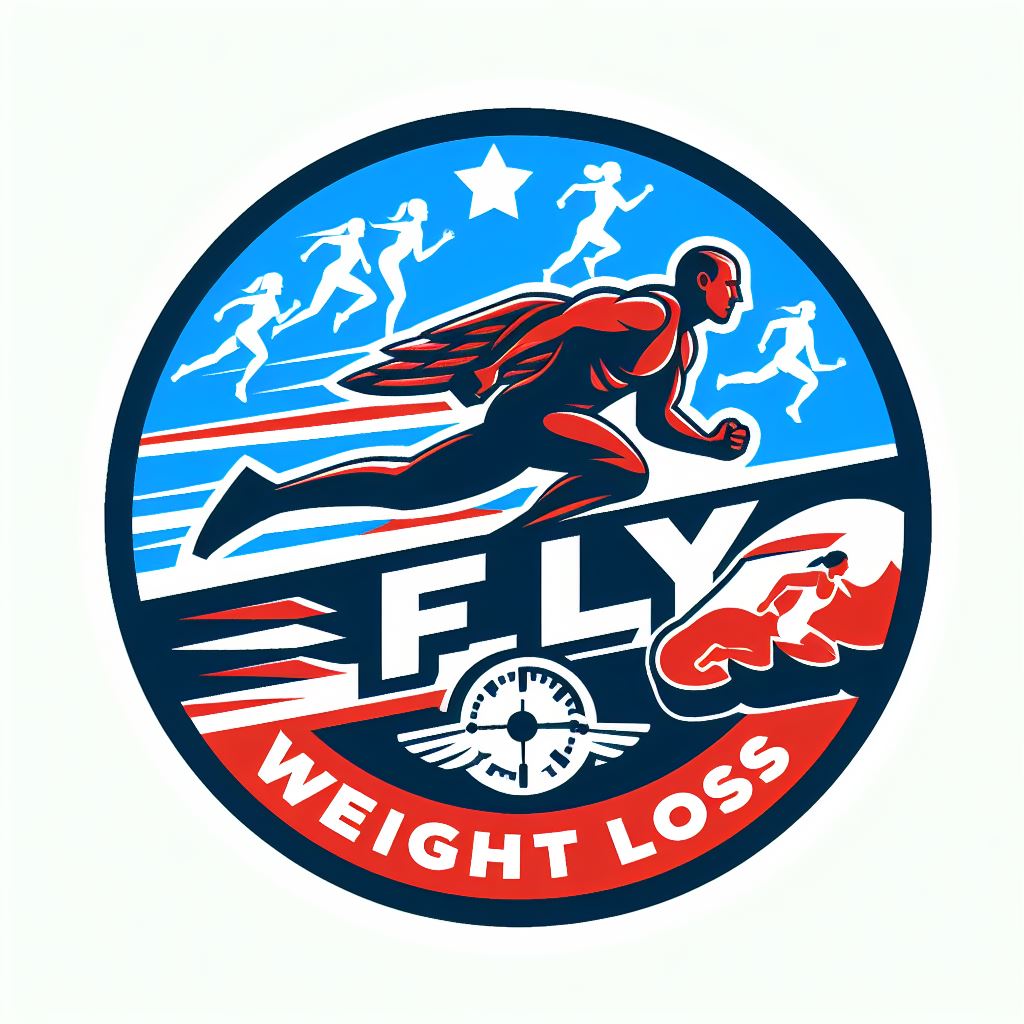If you’re considering a crash diet, you’re not alone. It’s hard not to be tempted by the promise of rapid weight loss. Picture this: you’ve got a wedding in a month, or maybe a reunion, and you want to look your best. That’s where crash diets often come into play. But I’m going to give it to you straight: while the speedy results might sound appealing, they’re not without their downsides.
Originally, crash diets arose from the need for quick medical weight loss for urgent health issues. However, they quickly became popular among those looking to shed pounds fast, for cosmetic reasons rather than medical necessity. You’re going to find out about these diets that drastically cut calories or eliminate whole food groups in order to achieve a significant, often unsustainable weight loss in a short period.

Some folks might see temporary benefits from crash diets, like initial weight loss or reduced bloating. Still, these short-lived successes mask the real costs to their wellbeing. I’m here to help you with understanding these costs: nutritional deficiencies, a slowed metabolism, and potential weight gain post-diet, just to name a few.
It’s essential to highlight that quick-fix solutions often come with a caveat. Numerous health experts have weighed in, stating that maintaining a healthy weight through crash dieting is rarely, if ever, successful in the long term. This isn’t just about losing a few pounds, it’s about your overall health. Now, comes the toughest part: dissecting the pros and cons of some of the most hyped-up crash diets out there.
Analyzing Popular Crash Diet Methods: Pros and Cons
I’m going to take you through some of the popular crash diet methods out there. You’re going to find out about a range of diets that promise significant weight loss in a short period. Let’s talk about a few, like the Ketogenic diet, the Juice Cleanses, and the Military Diet, among others.
Each of these diets has a unique spin on how to achieve rapid weight loss. For instance, the Ketogenic diet emphasizes a high-fat, low-carb approach that forces your body to burn fat for energy. Juice Cleanses involve consuming only fruit and vegetable juices to supposedly ‘detoxify’ your body and shed pounds. The Military Diet suggests a specific low-calorie meal plan over three days claiming to jump-start your metabolism.
I’m here to help you understand the nutritional implications of these crash diets. Most of them advocate for a drastic reduction in calorie intake. While they may lead to initial weight loss, they often require you to eliminate certain food groups, leading to potential nutrient deficiencies. Plus, they rarely provide a sustainable way to maintain any lost weight.
Let’s be honest: the evidence out there isn’t flattering for crash diets. Real-life stories range from short-lived success to harmful outcomes. In my opinion, borrowing experiences from others who’ve tried these diets can be incredibly insightful.
Medical professionals typically caution against crash dieting for good reason. The potential dangers, such as metabolic slowdown, gallbladder issues, and even heart problems, far outweigh the temporary benefits. That’s why most doctors and dietitians advocate for a more moderate approach to weight loss.
If you want to explore the consequences of extreme caloric restriction, don’t worry too much about scouring the internet for anecdotal stories. I’ve got you covered in the next section where we’re going to delve into the science of how crash diets truly affect your body.
Diving into the Science: How Crash Diets Affect Your Body
I’m going to kick this off by looking under the hood at what happens when you put your body on a crash diet. Think of your metabolism as an engine; ordinarily, it chugs along at a steady pace. But throw it into the chaos of a crash diet, and it’s like putting that engine into overdrive without proper oil – it can get messy.
You’re going to find out about something called the ‘metabolic adaptation’, which is essentially your body’s way of fighting back. It doesn’t understand you’re trying to fit into a swimsuit by June; it thinks you’re in a famine. So, it slows everything down to conserve energy. You might lose weight quickly at first, but soon, your body will hit the brakes.
Now, let’s talk about your mental well-being on these diets. It’s not just about feeling a bit hangry; we’re looking at the potential for long-term psychological effects. The feeling of deprivation that comes with crash dieting can lead to a preoccupation with food, mood swings, and in severe cases, eating disorders.
It’s also critical to understand the impact crash diets have on your body composition. While you might be celebrating a lower number on the scale, that’s not the whole story. A significant portion of this weight can be water and muscle loss, not just fat. And fewer muscles means a lower metabolism – it’s a vicious circle.
Lastly, your body’s response to a crash diet doesn’t reset once you start eating normally again. The body’s adaptations can last much longer, making you more susceptible to rapid weight regain, often referred to as ‘yo-yo dieting’. This isn’t just frustrating, it’s also hard on your body, especially your heart.
Healthier Alternatives to Crash Dieting
You might be tempted to jump into a crash diet for immediate gratification, but let’s face it, you can always adjust your approach down the road for better sustainability. Choose something that resonates with you and your lifestyle – that’s going to include nutritious, whole foods that nourish your body and mind.
Exercise plays a crucial role, too. It’s not just about burning calories; it’s about building a body that’s strong and resilient. Incorporate consistent, balanced workouts into your routine. Adjust the intensity and duration to match your fitness level and goals.
Your mindset matters a lot in this journey. Adopting healthier behaviors and learning cognitive strategies can help you develop a more wholesome relationship with food. This isn’t just about losing a few pounds; it’s about crafting a life that embraces well-being and vitality.
In my opinion, for those who are looking for more intensive support, professional guidance is key. Consulting with a healthcare provider or a dietitian can lead to a personalized weight loss plan that’s safe, effective, and aligned with your health goals.
Remember, your first attempt doesn’t need to be your last. You’re going to find out about weight management strategies and tweaks to your diet along the way. Stick to it and trust the process. Don’t worry too much about the scale; focus on how you feel, both inside and out.
So my question to you today is, what changes are you willing to implement for longer-lasting health? Reflect on this, set realistic goals, and begin your journey towards a healthier, happier you.

Weight Loss seems to be a top topic as people become increasingly determined to be fit and avoid illness. But don’t you think they go too far? Obsessive is some cases. I used to care about each calorie when I was younger but now I do 2 things to keep my weight in trim:
1) Exercise regularly in a natural setting – not a sweaty, unhealthy gym
2) Keep my mind visualising my trim body and my desired weight!
I don’t need diets any more. They are hopeless in the long-term. Balance in all things and happiness are key to a healthy body!
Thank you for sharing your perspective, Linden! I completely agree that finding balance and happiness is crucial for a healthy body. Over-obsessing about calories can be detrimental to mental well-being. Your approach of regular exercise in a natural setting and positive visualization sounds refreshing and sustainable. Diets often fail in the long-term because they can be too restrictive and difficult to maintain. Embracing a balanced lifestyle is indeed the way to go!
#HealthyLifestyle #BalancedLiving #MindBodyHealth #NaturalExercise #PositiveVisualization #SustainableWellness #LongTermHealth #HappinessMatters
Jerry